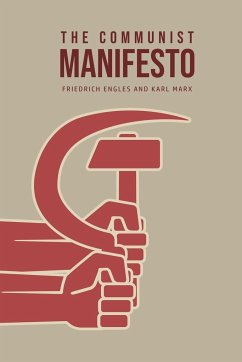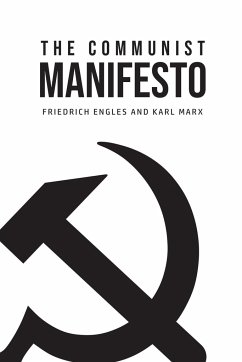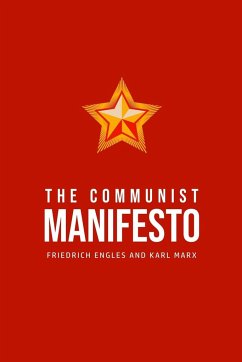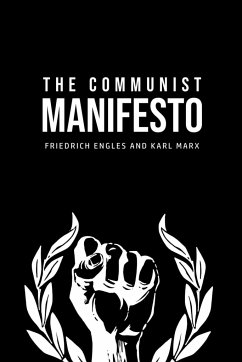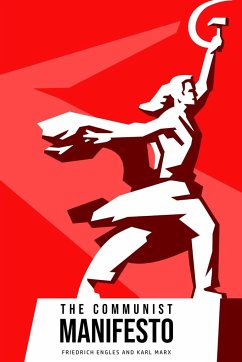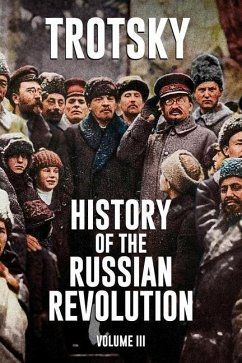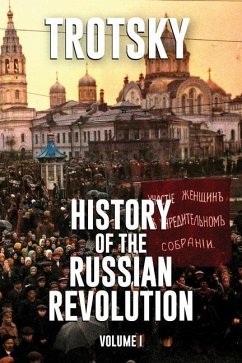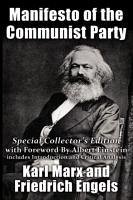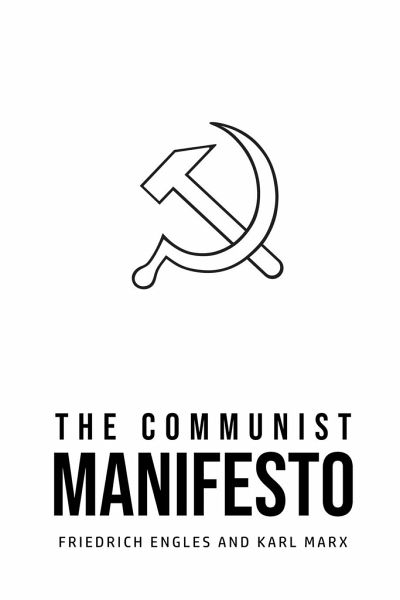
The Communist Manifesto
Versandkostenfrei!
Versandfertig in 1-2 Wochen
12,99 €
inkl. MwSt.

PAYBACK Punkte
6 °P sammeln!
Do you want to read The Communist Manifesto? If so then keep reading... 'It was a sweet finish after the bitter pills of floggings and bullets with which these same governments, just at that time, dosed the German working-class risings'. The Communist Manifesto is, perhaps surprisingly, a most engaging and accessible work, containing even the odd shaft of humour in this translation by Samuel Moore for the 1888 English edition. It is, of course, an essential introduction to the thoughts and theories of Karl Marx and his collaborator and editor Friedrich Engels and therefore to the development o...
Do you want to read The Communist Manifesto? If so then keep reading... 'It was a sweet finish after the bitter pills of floggings and bullets with which these same governments, just at that time, dosed the German working-class risings'. The Communist Manifesto is, perhaps surprisingly, a most engaging and accessible work, containing even the odd shaft of humour in this translation by Samuel Moore for the 1888 English edition. It is, of course, an essential introduction to the thoughts and theories of Karl Marx and his collaborator and editor Friedrich Engels and therefore to the development of communism. What are you waiting for The Communist Manifesto is one click away, select the "Buy Now" button in the top right corner NOW!







